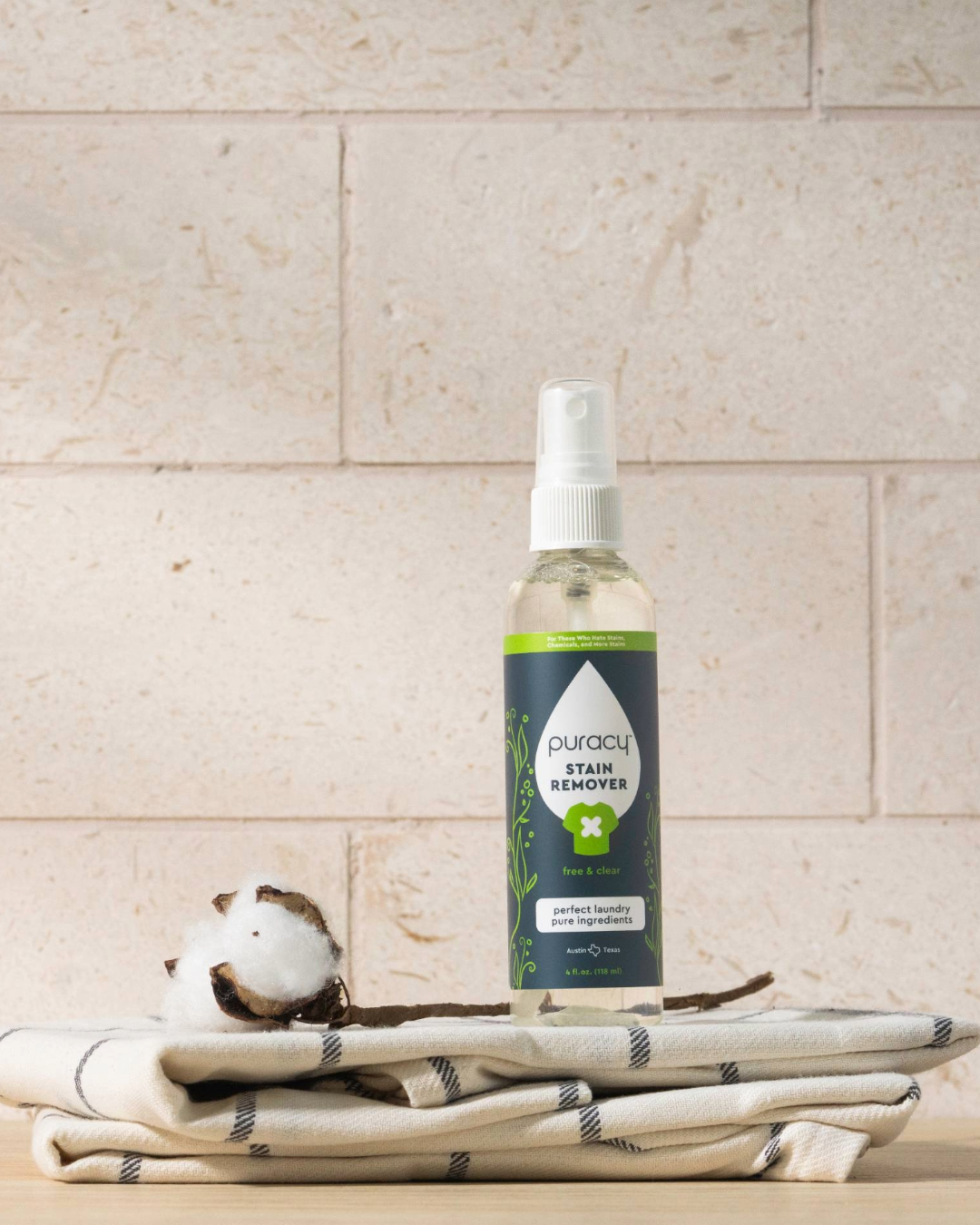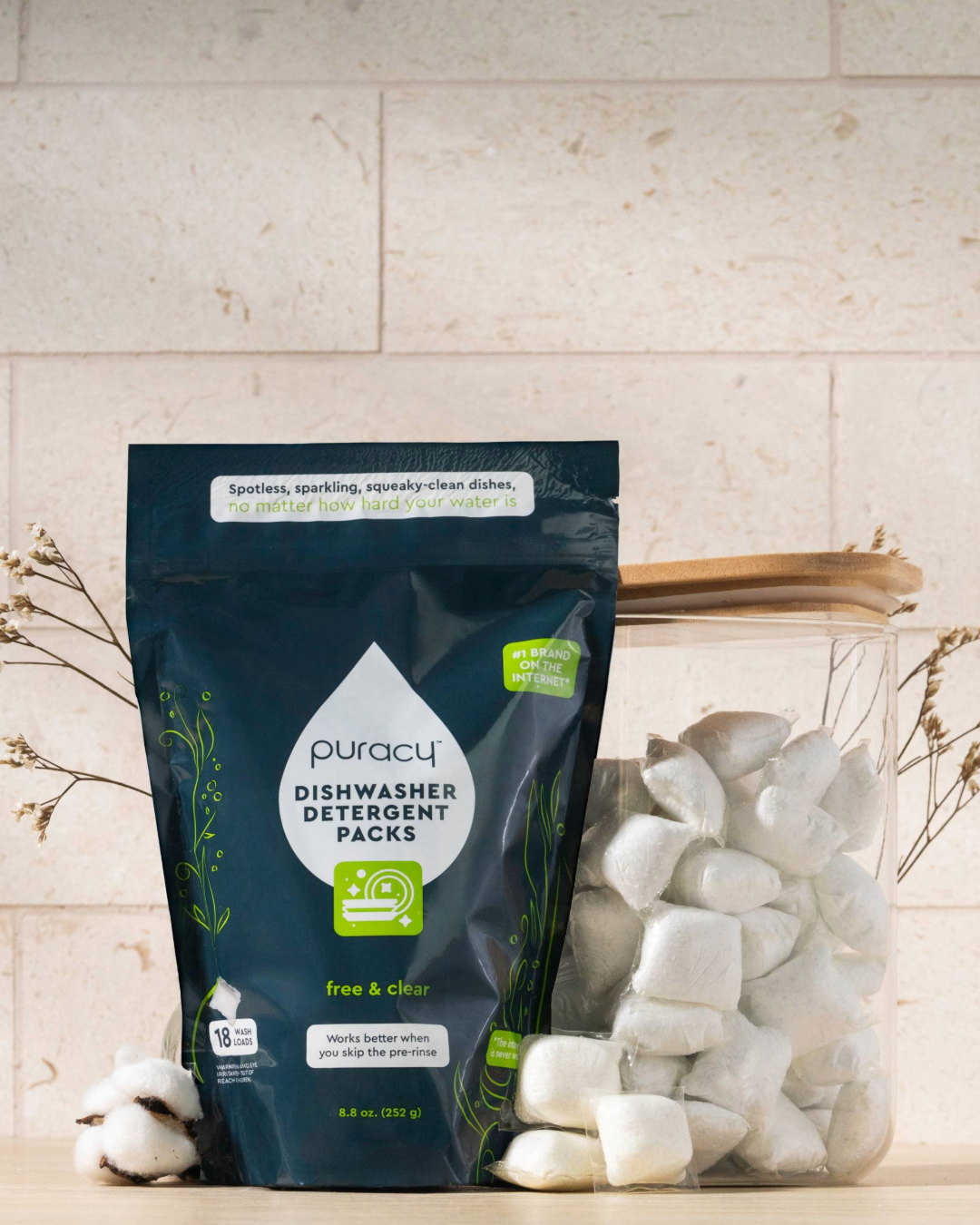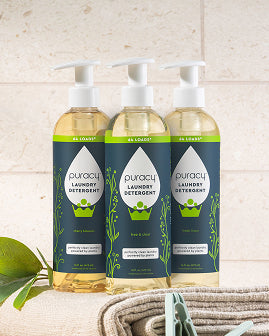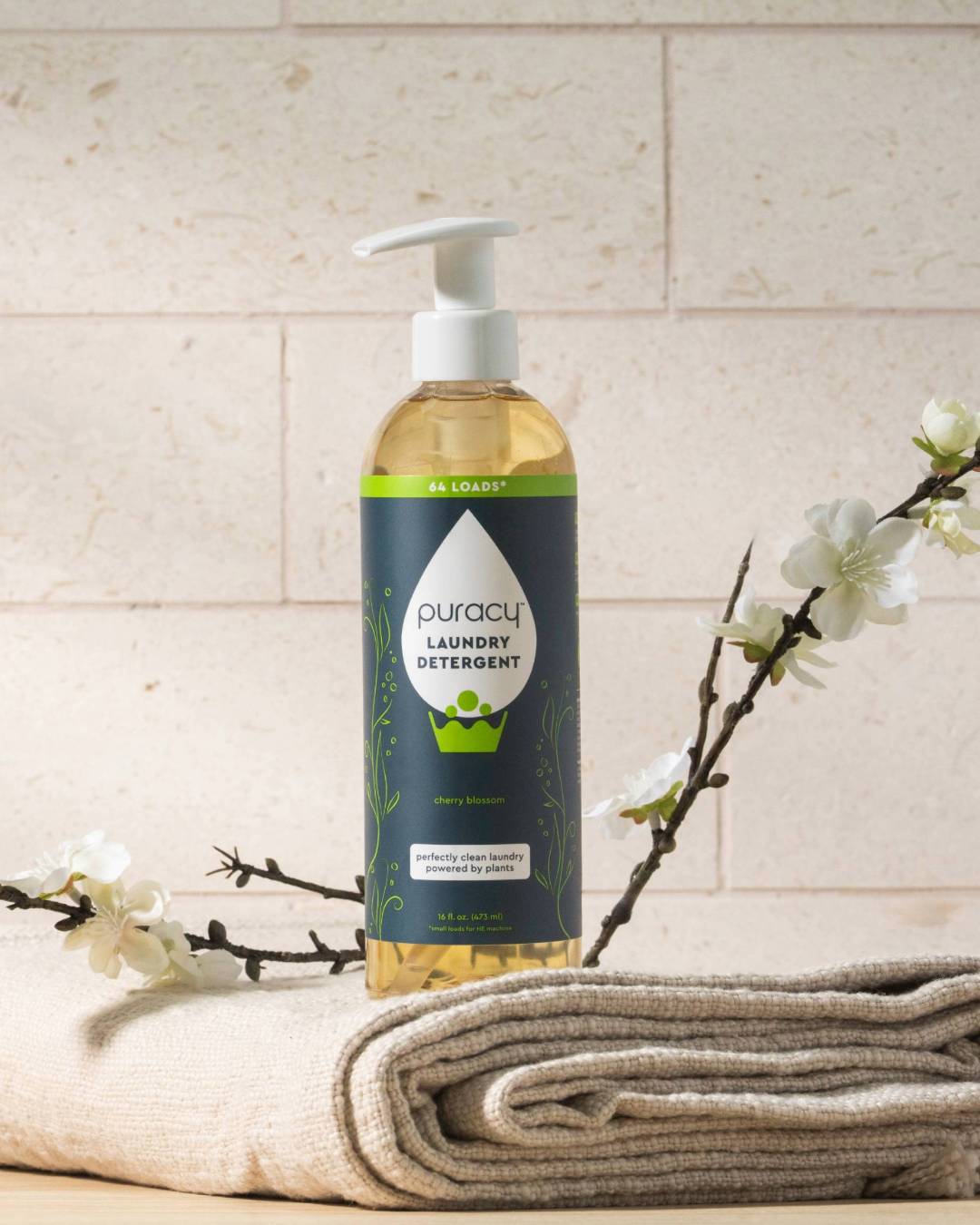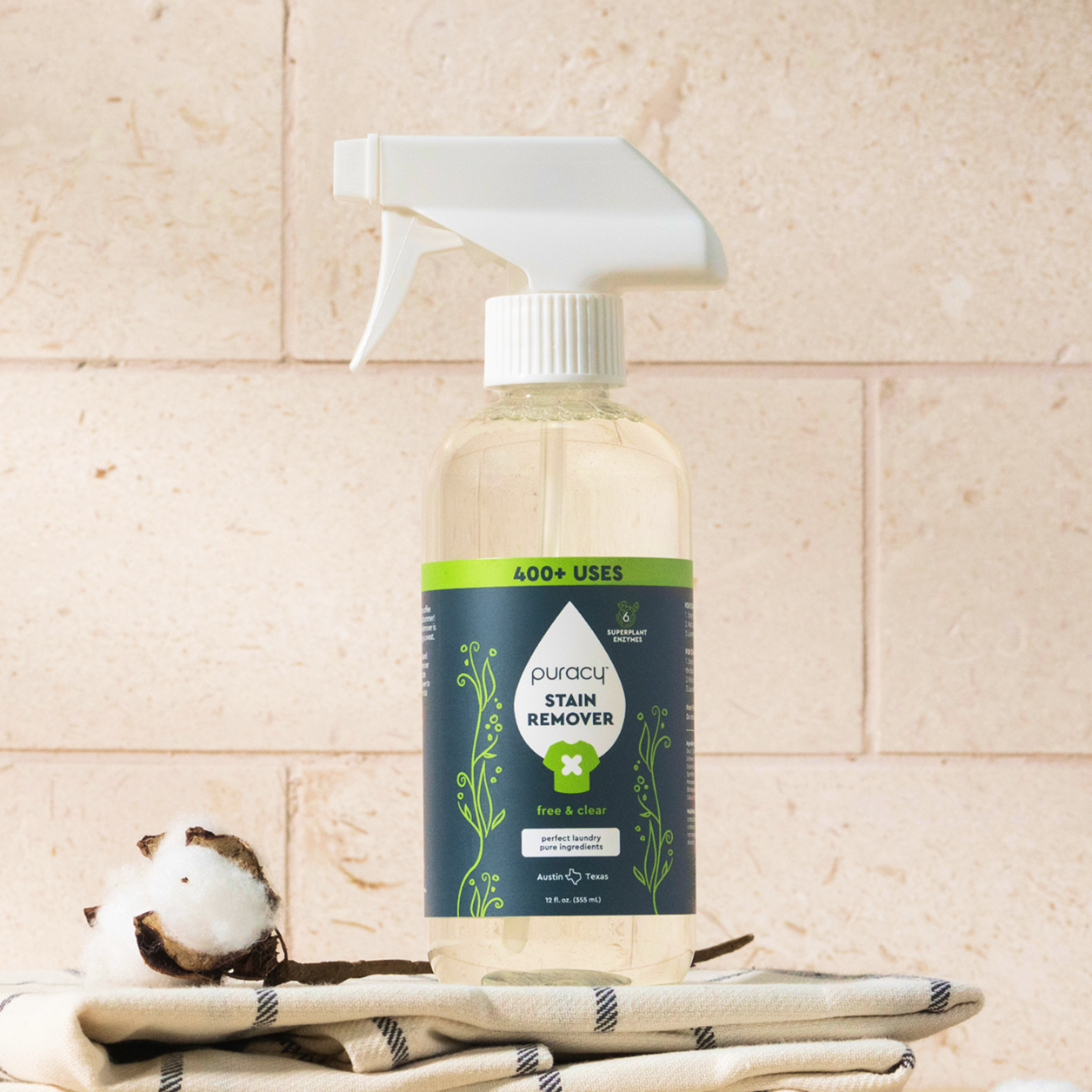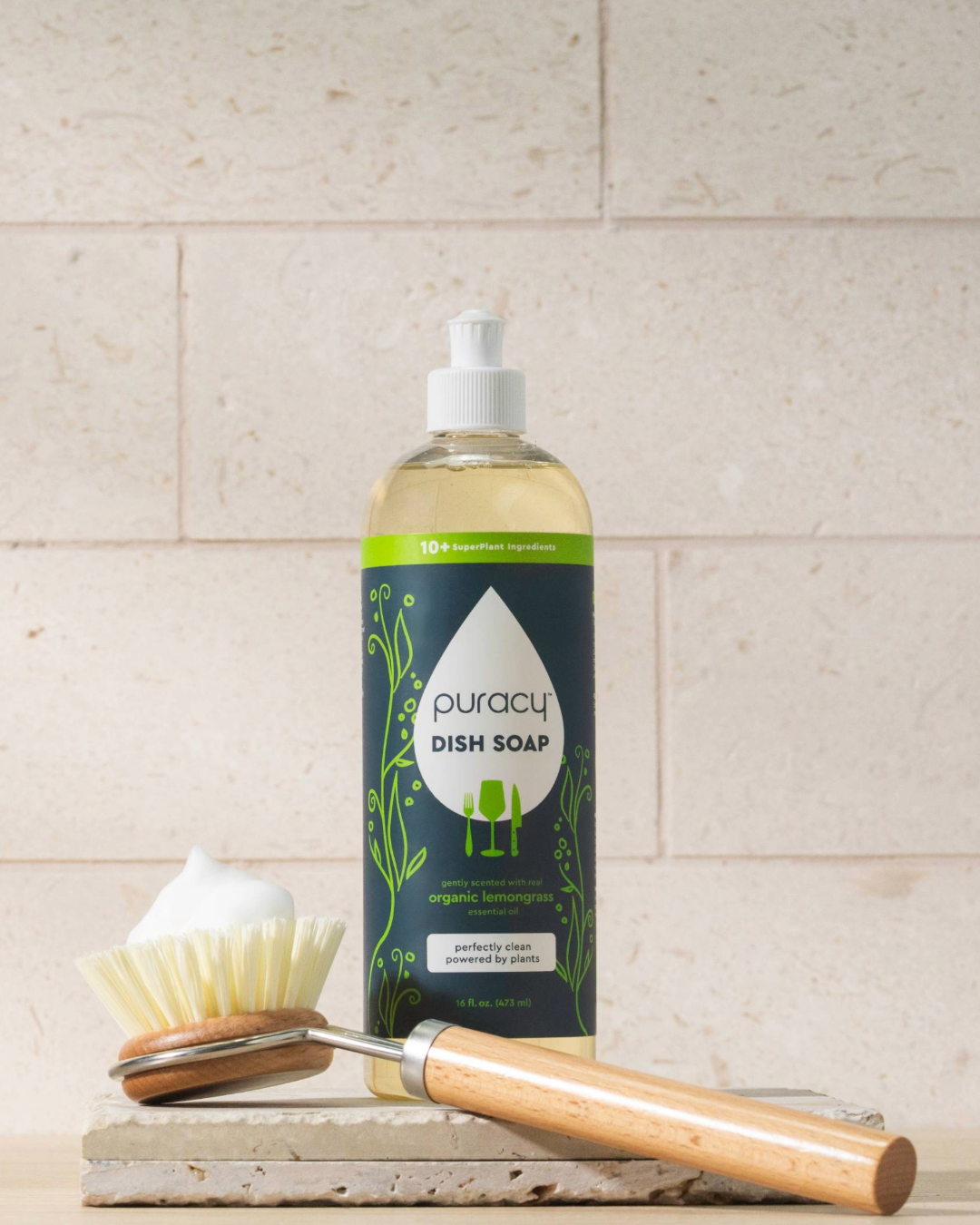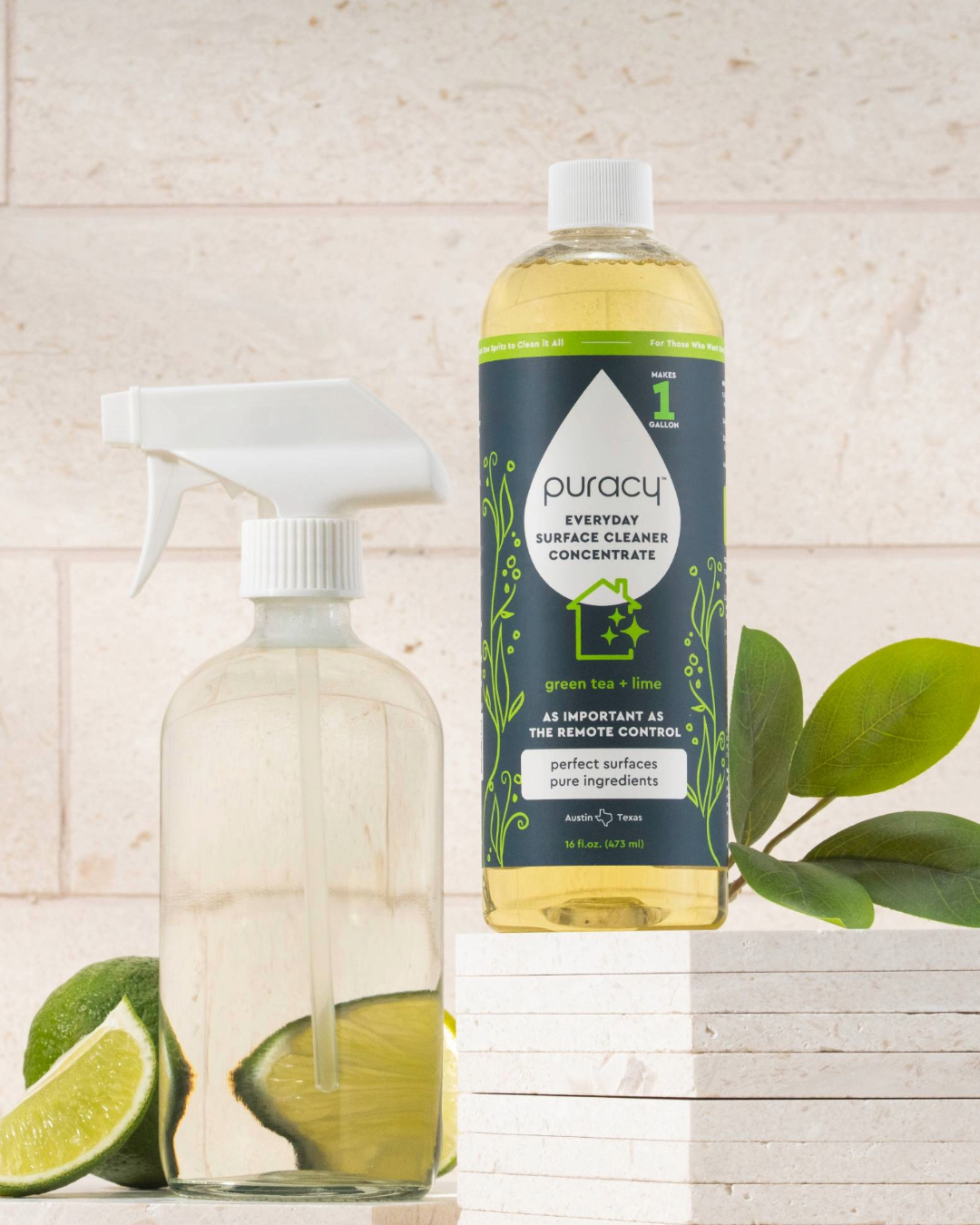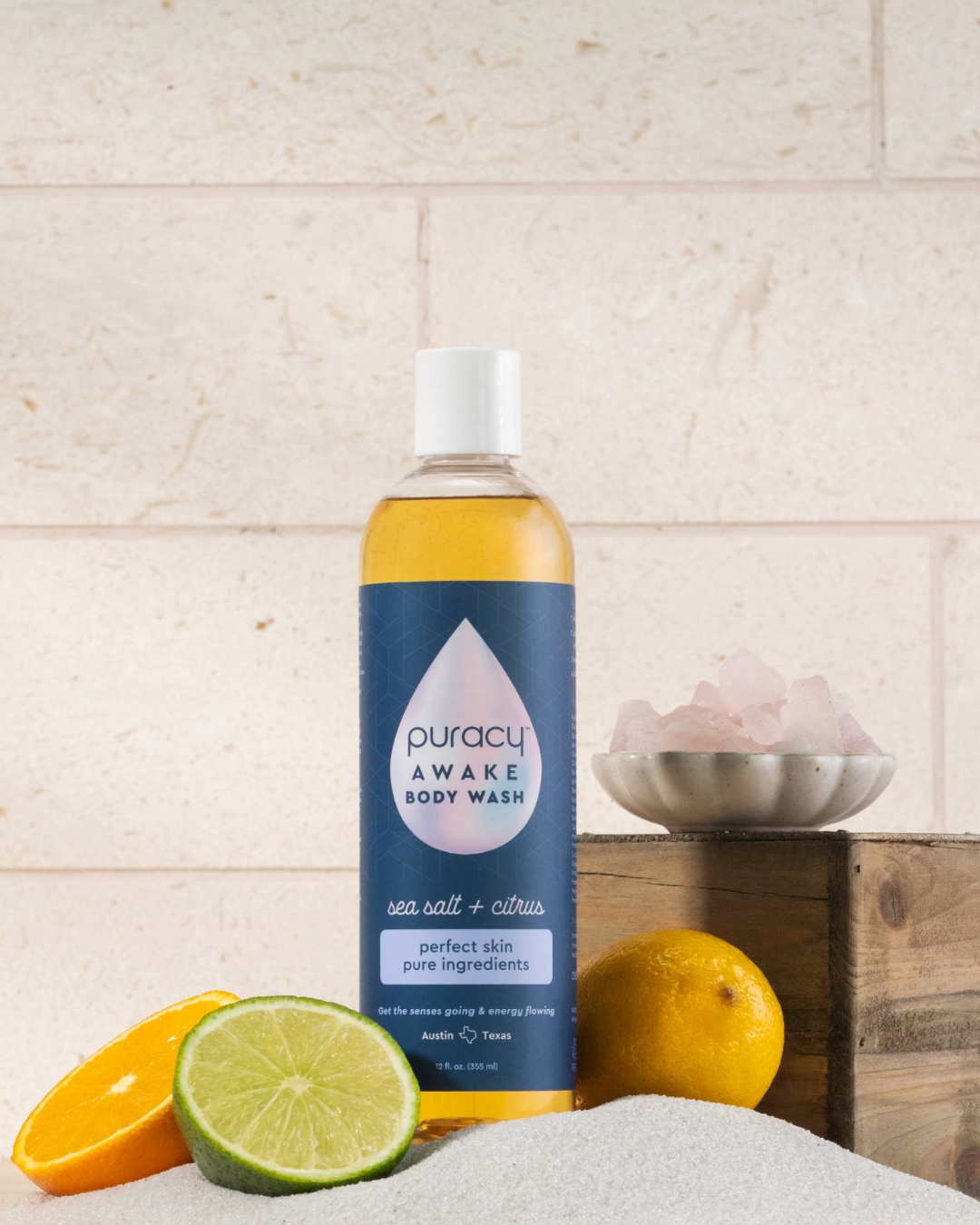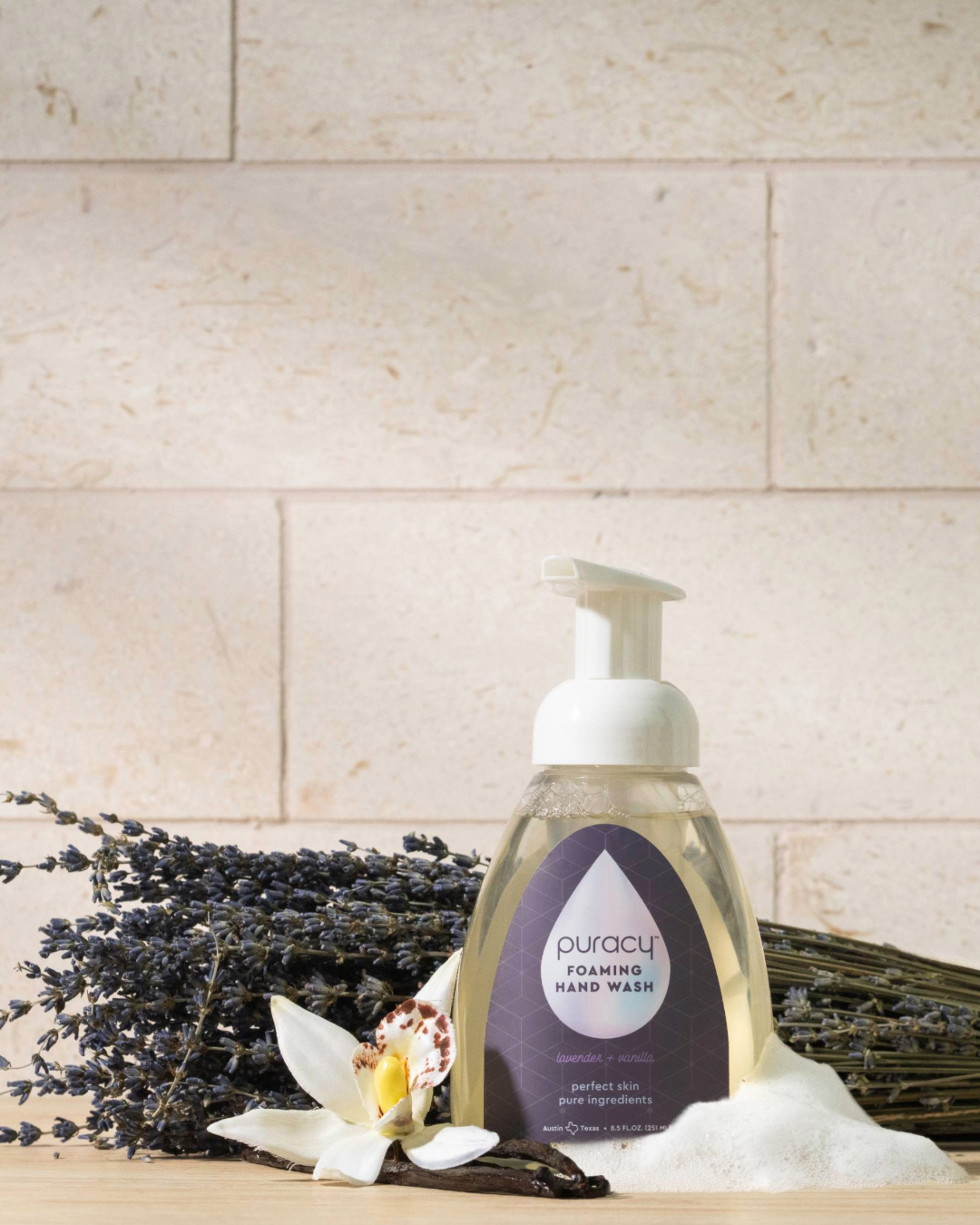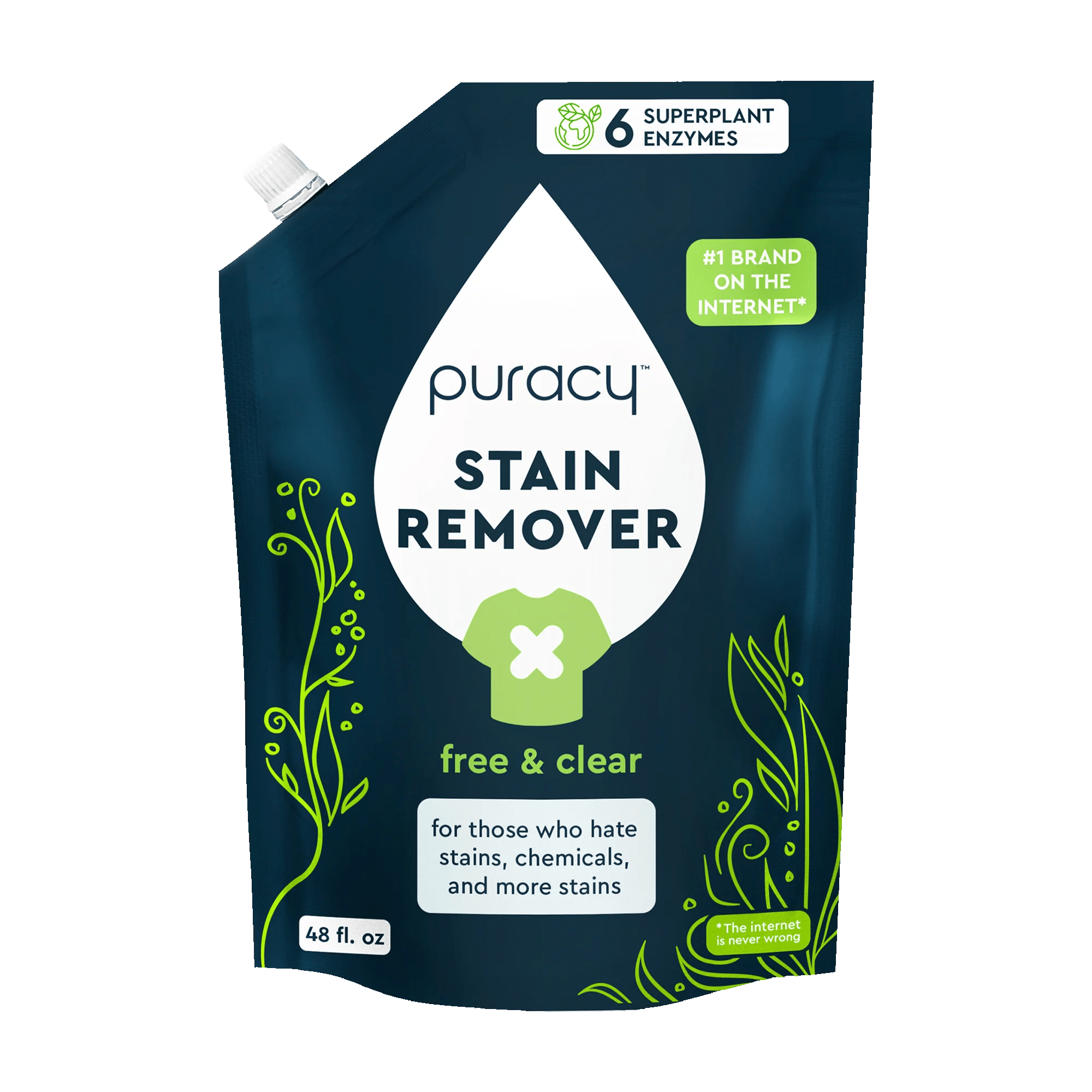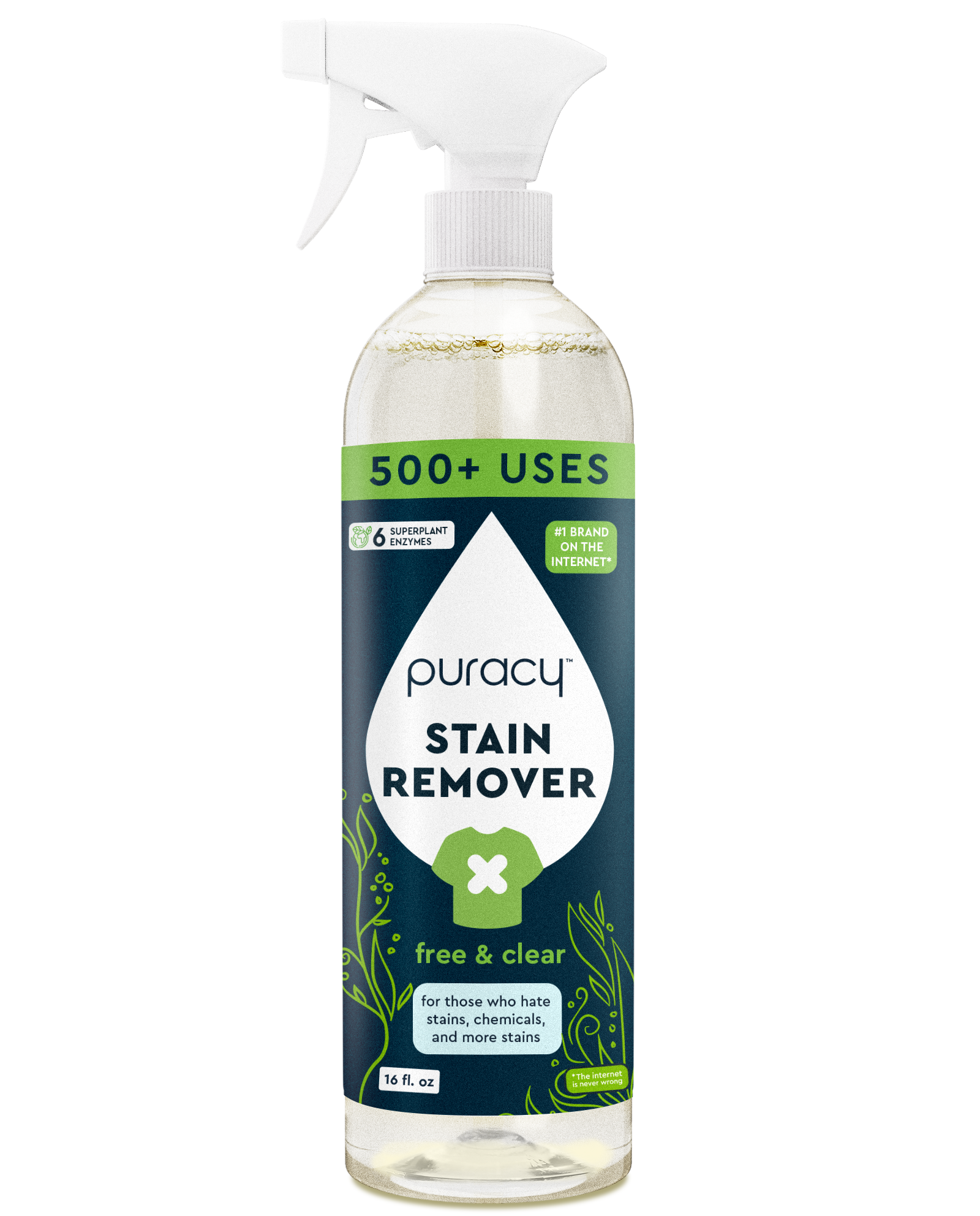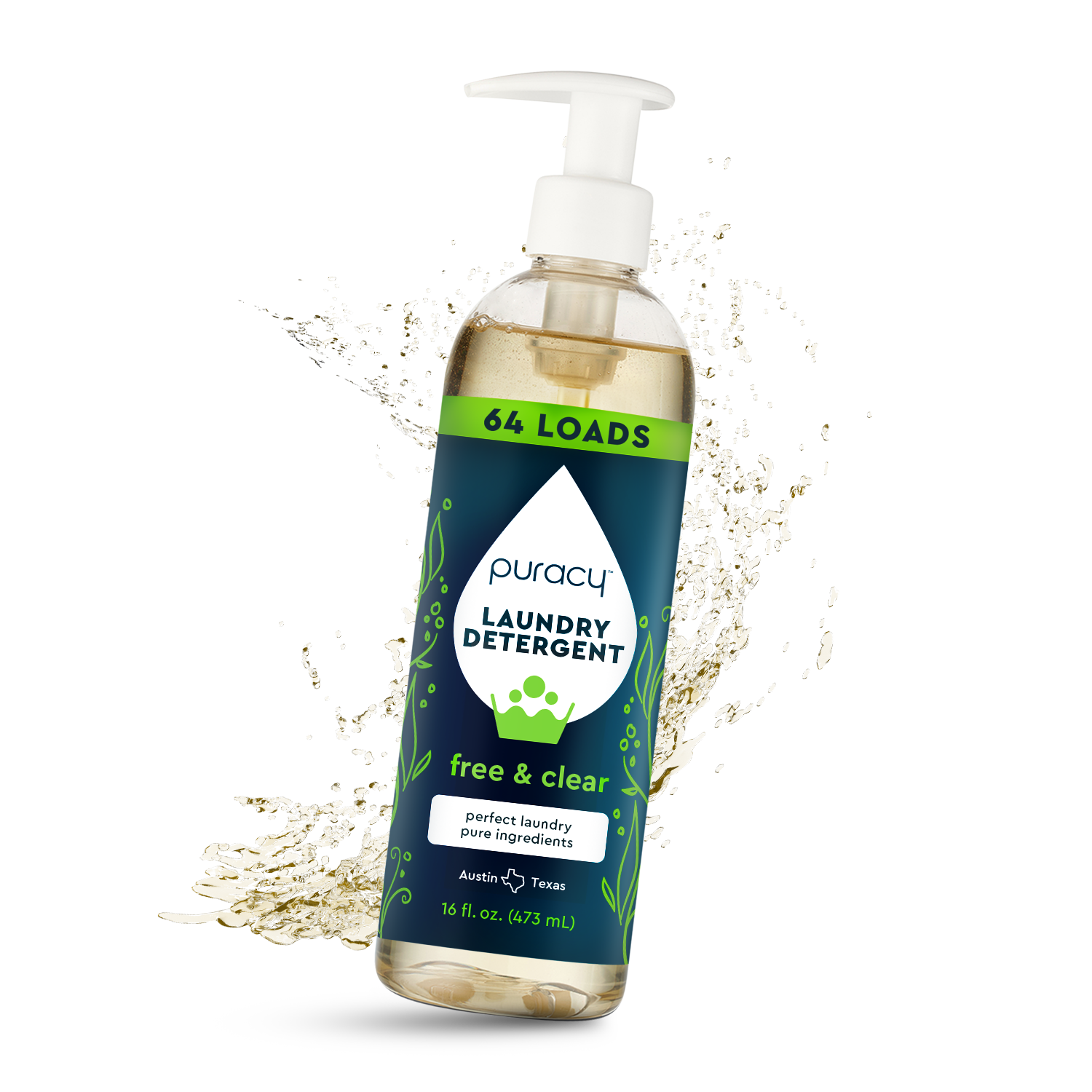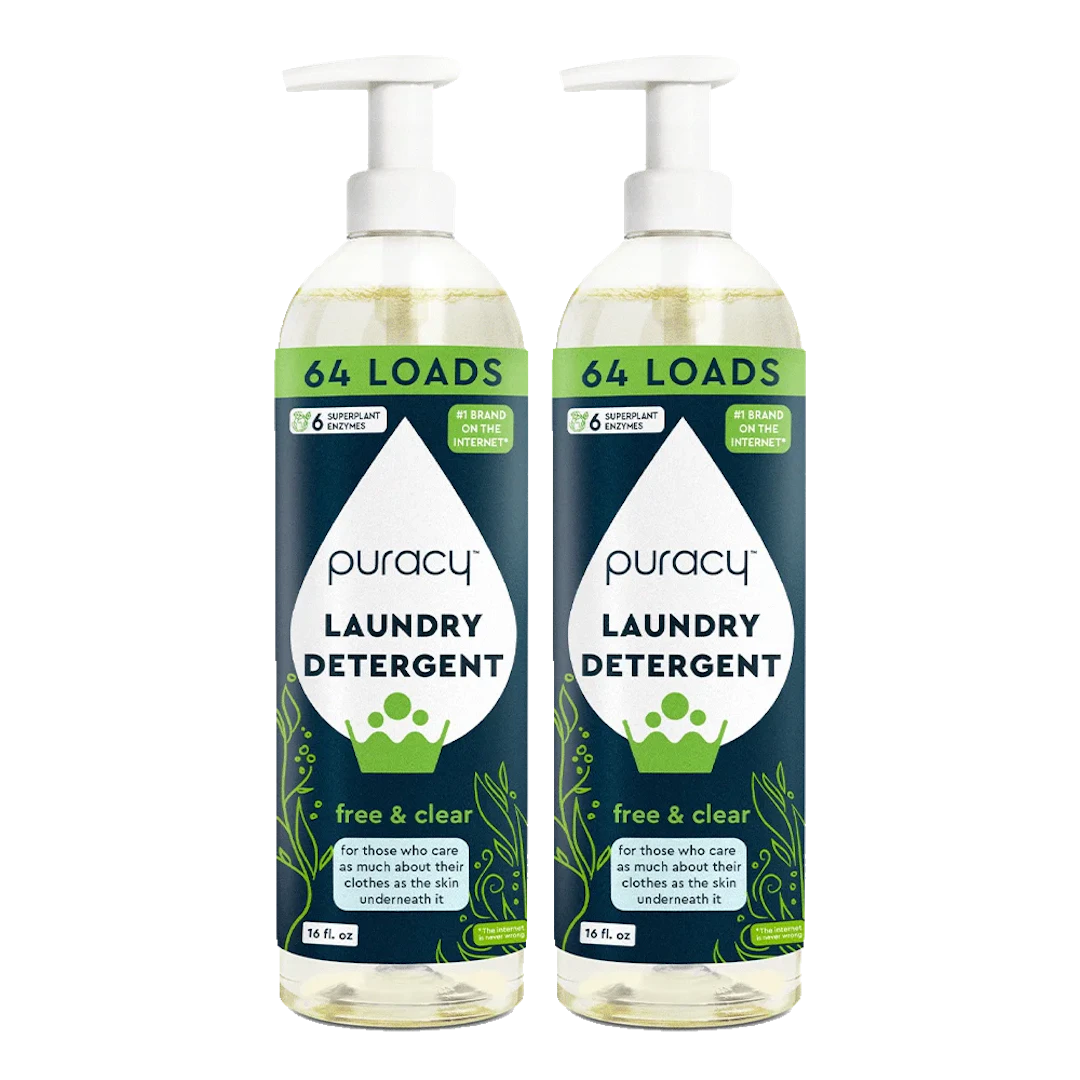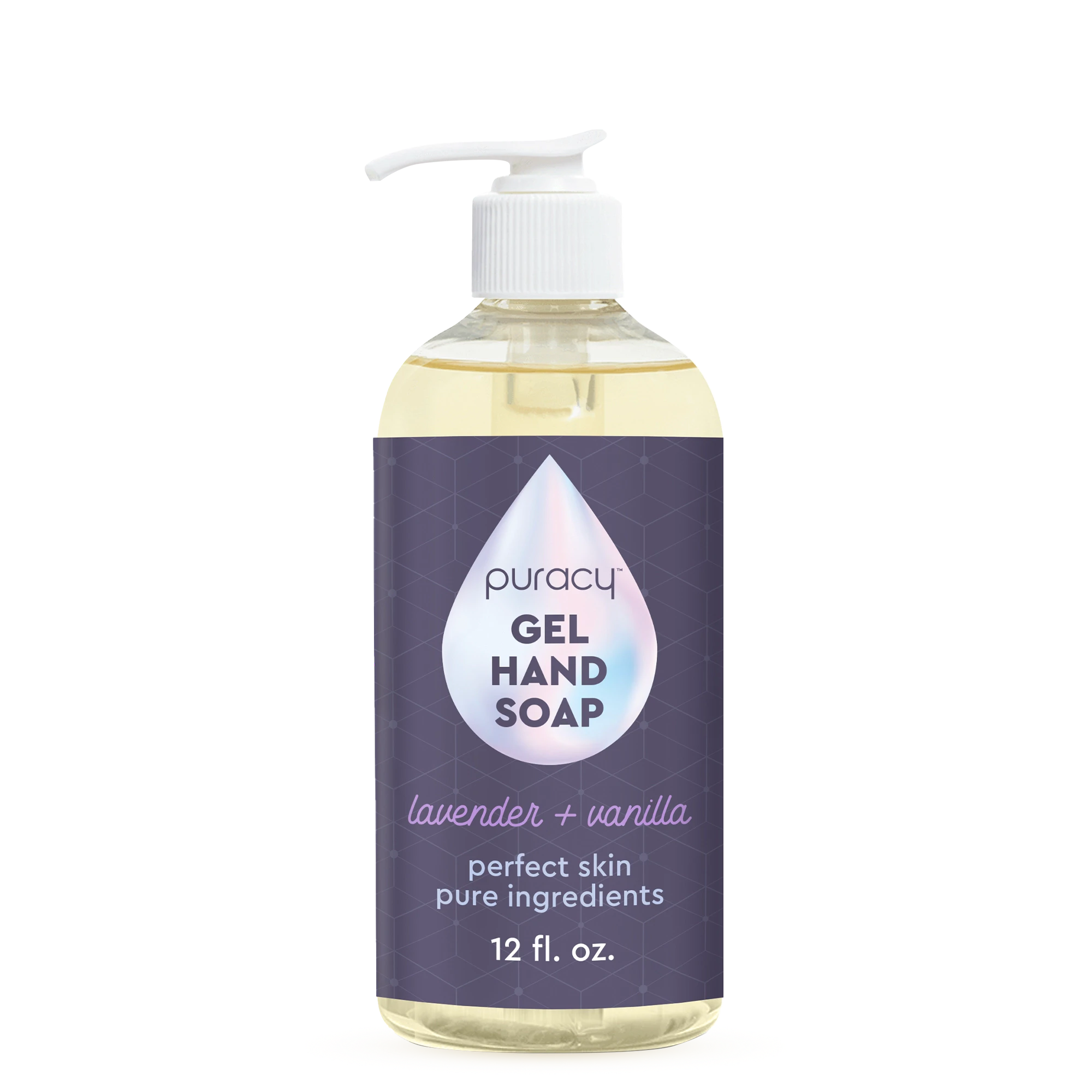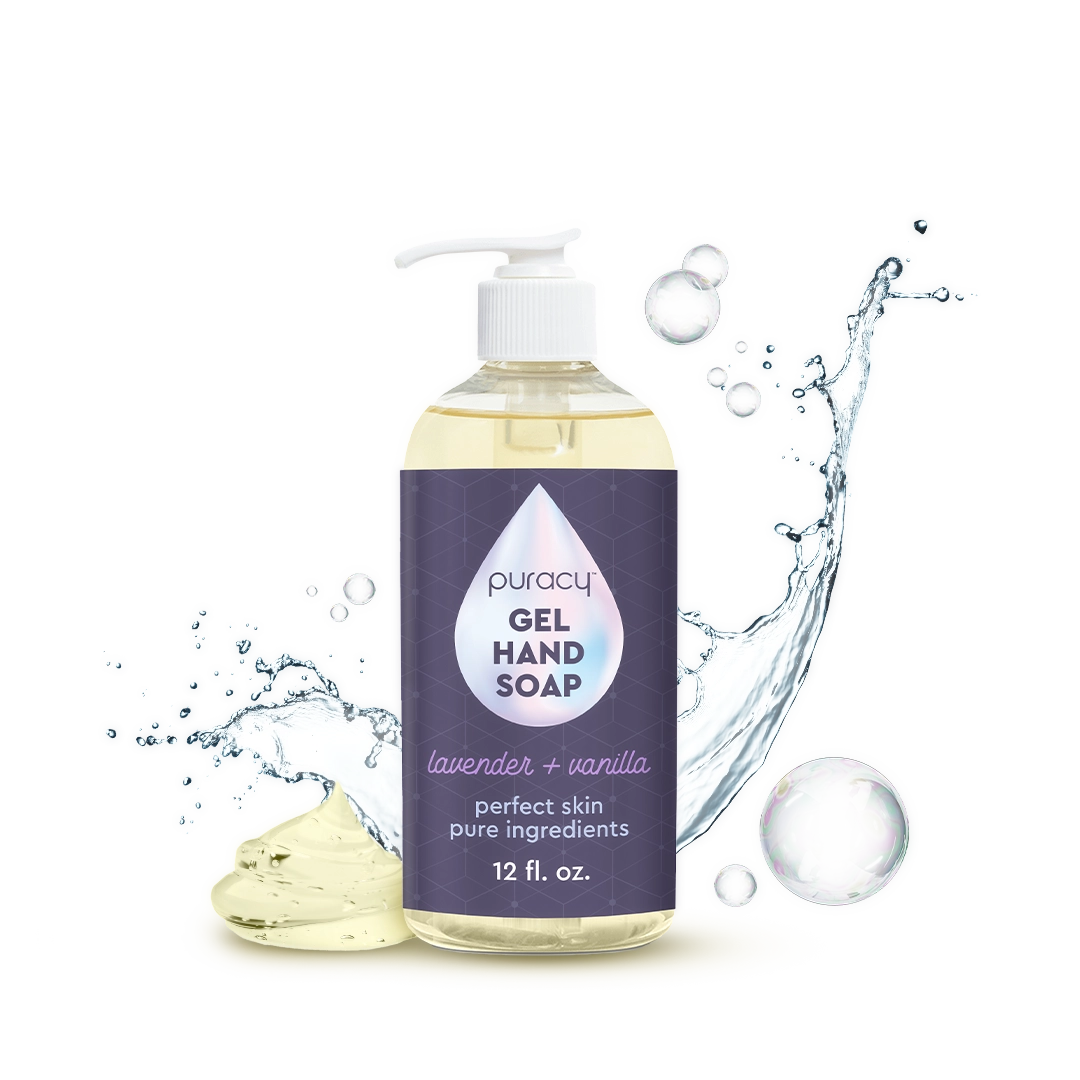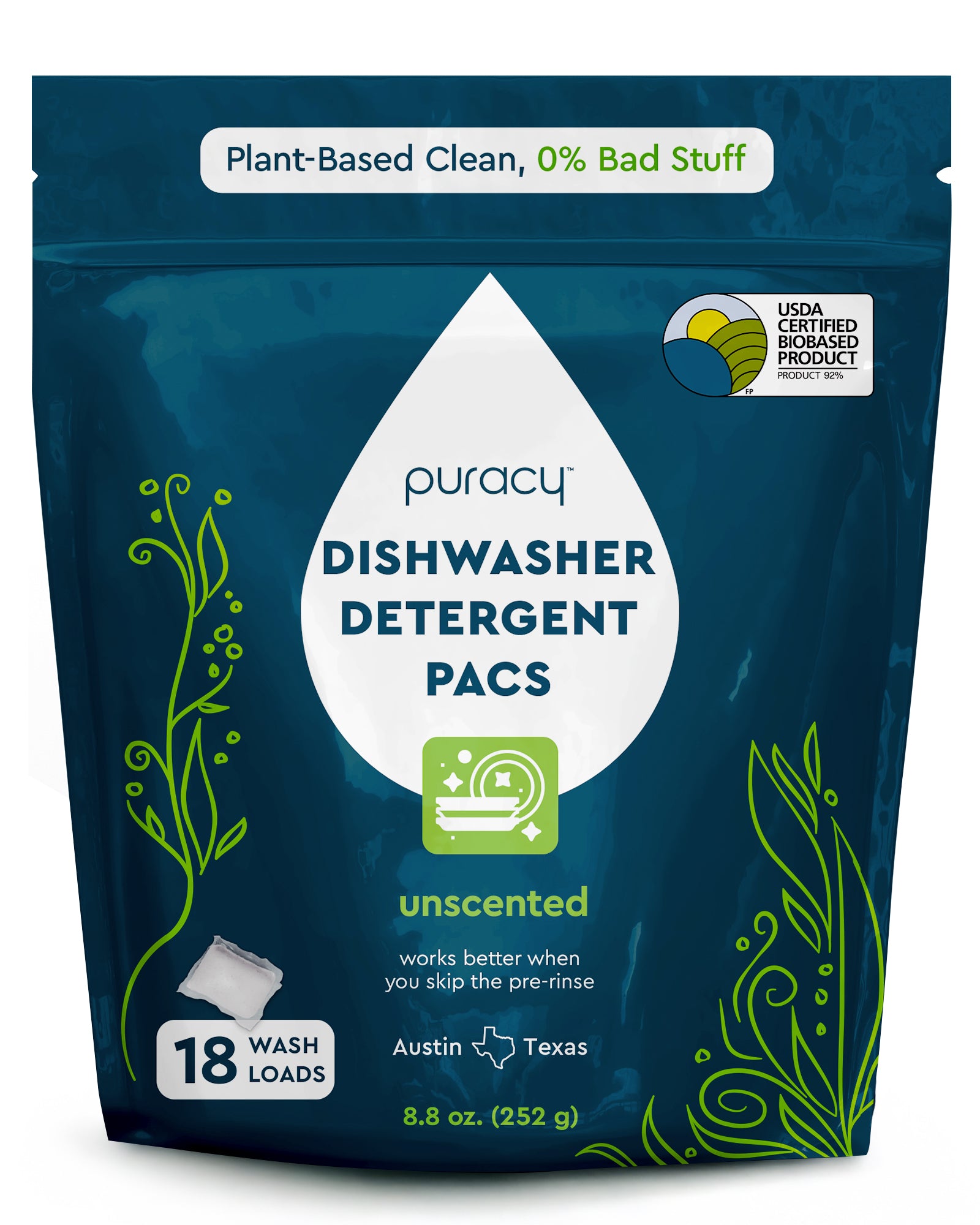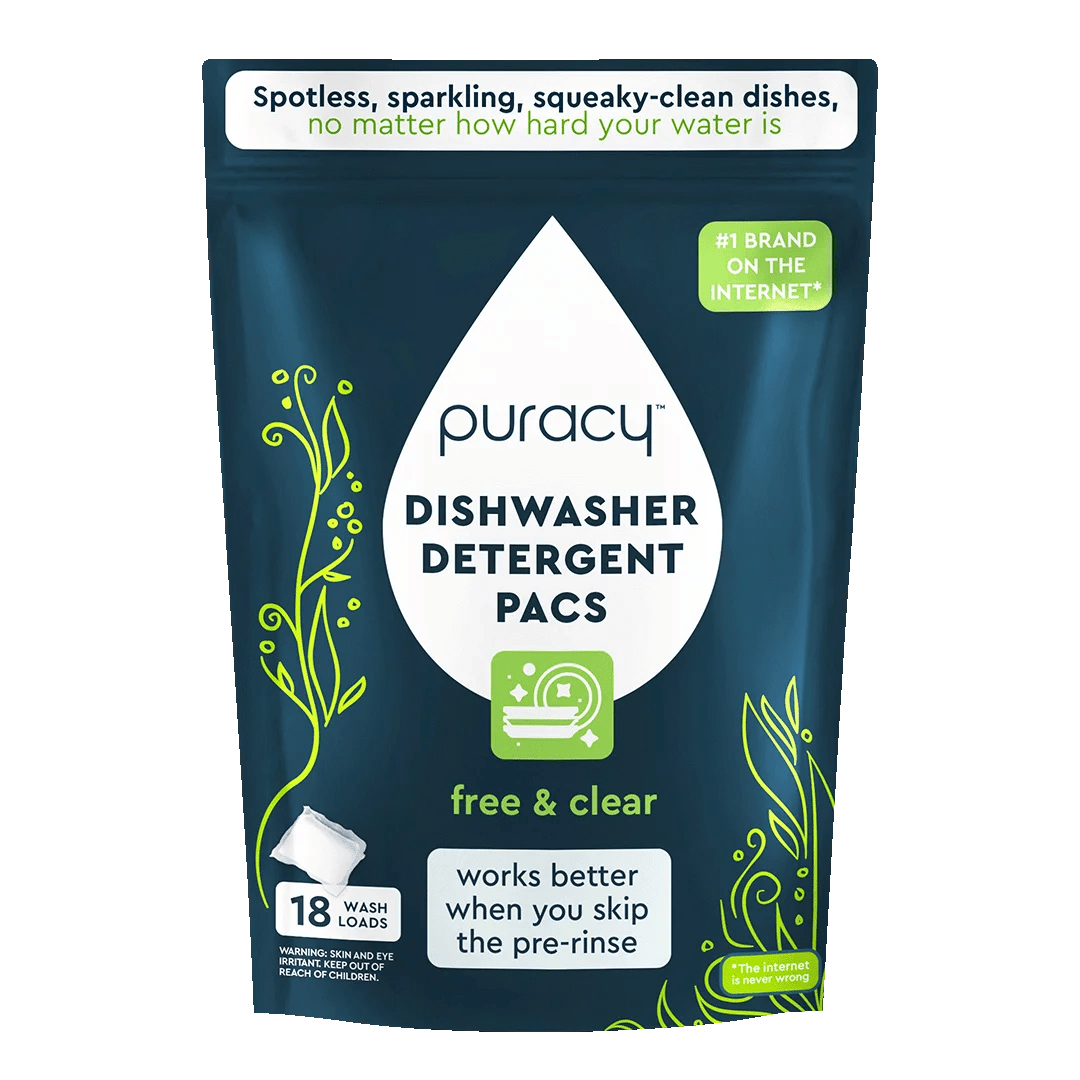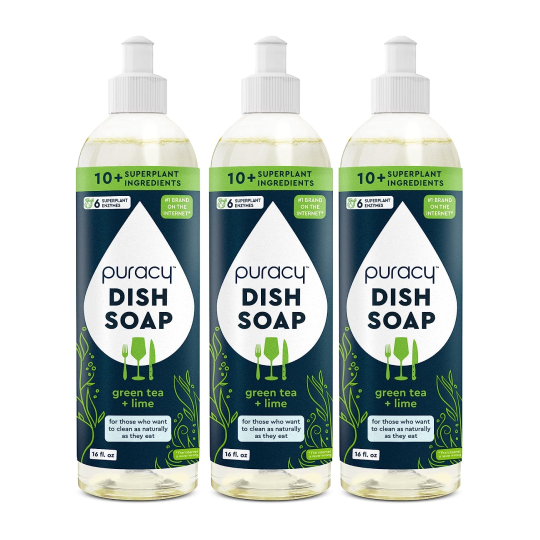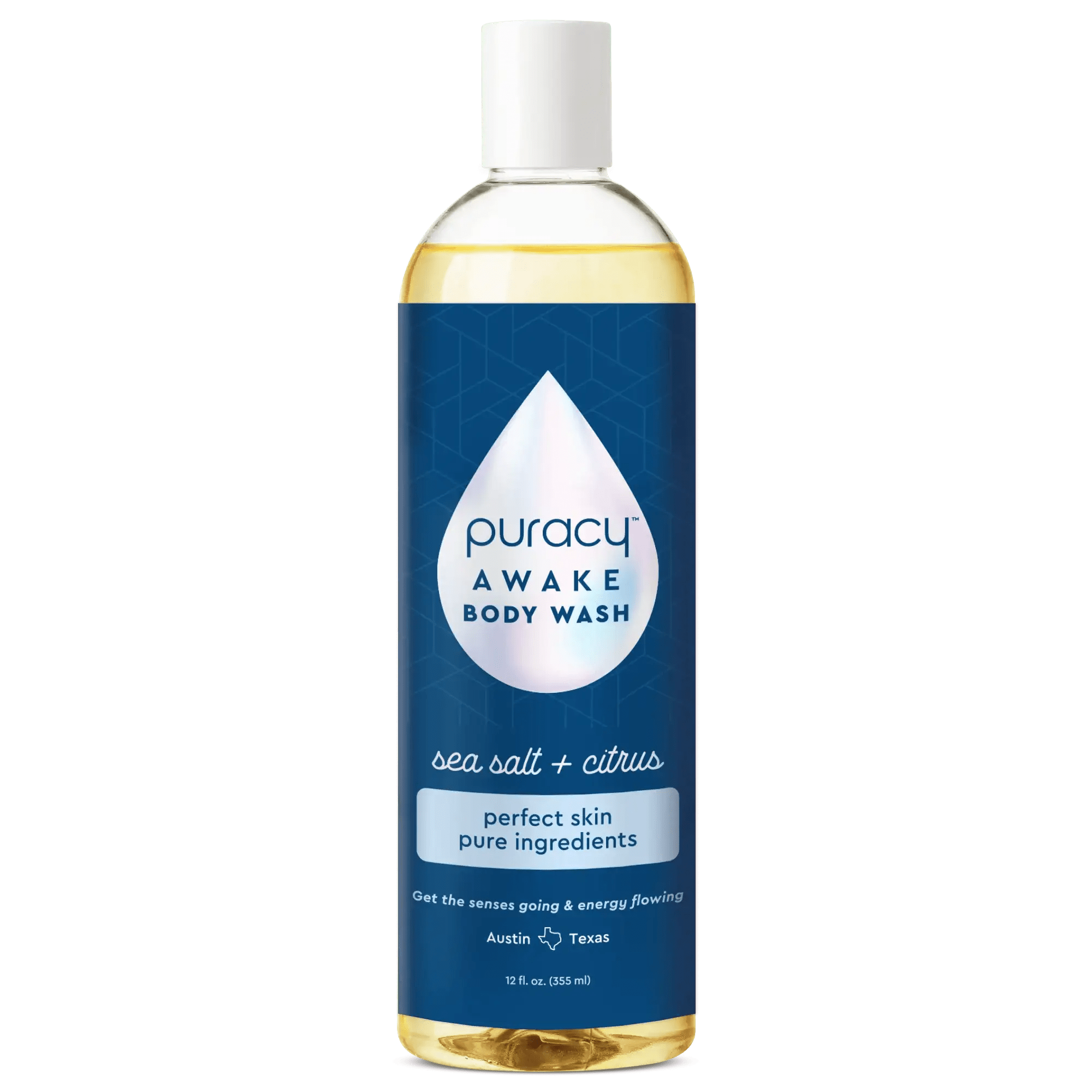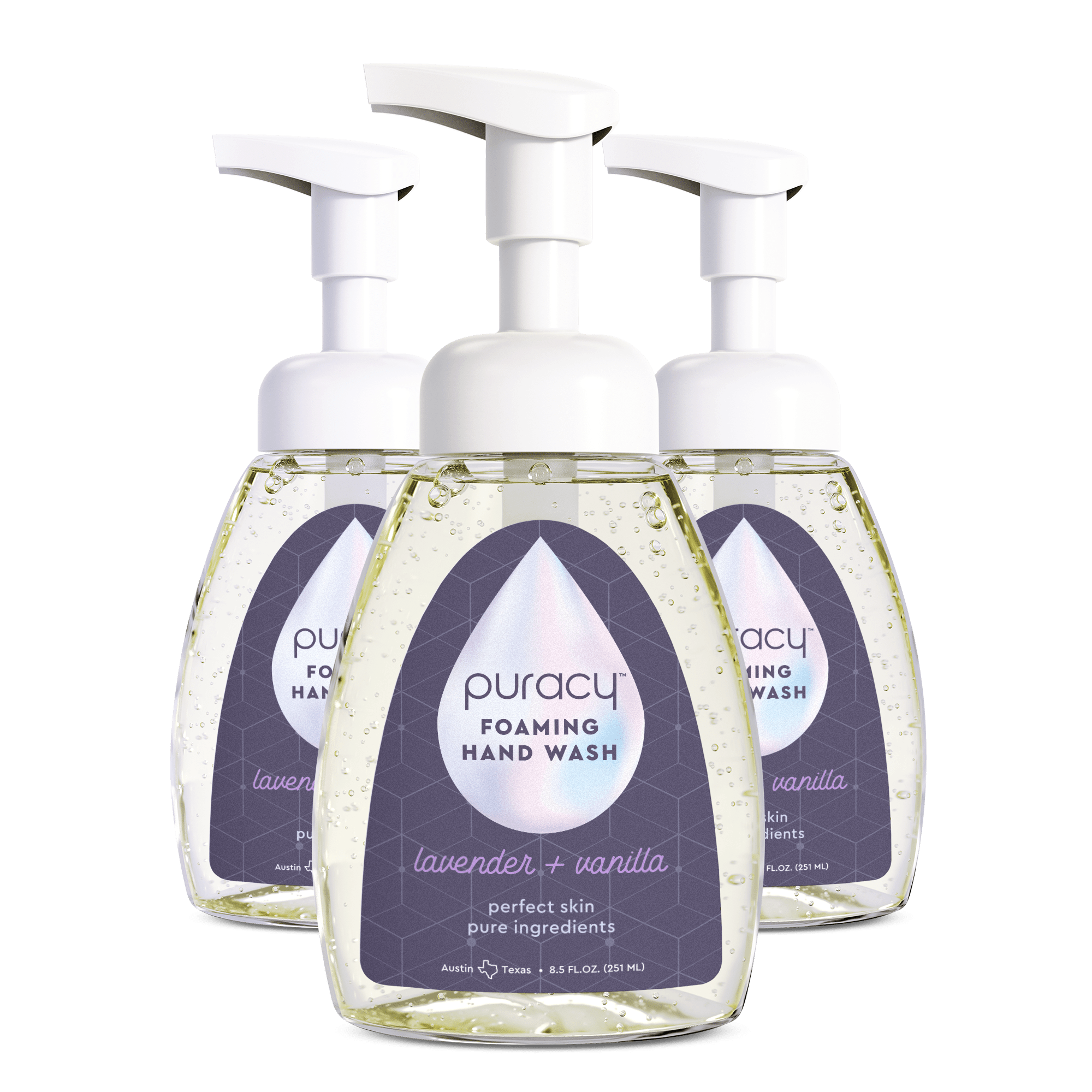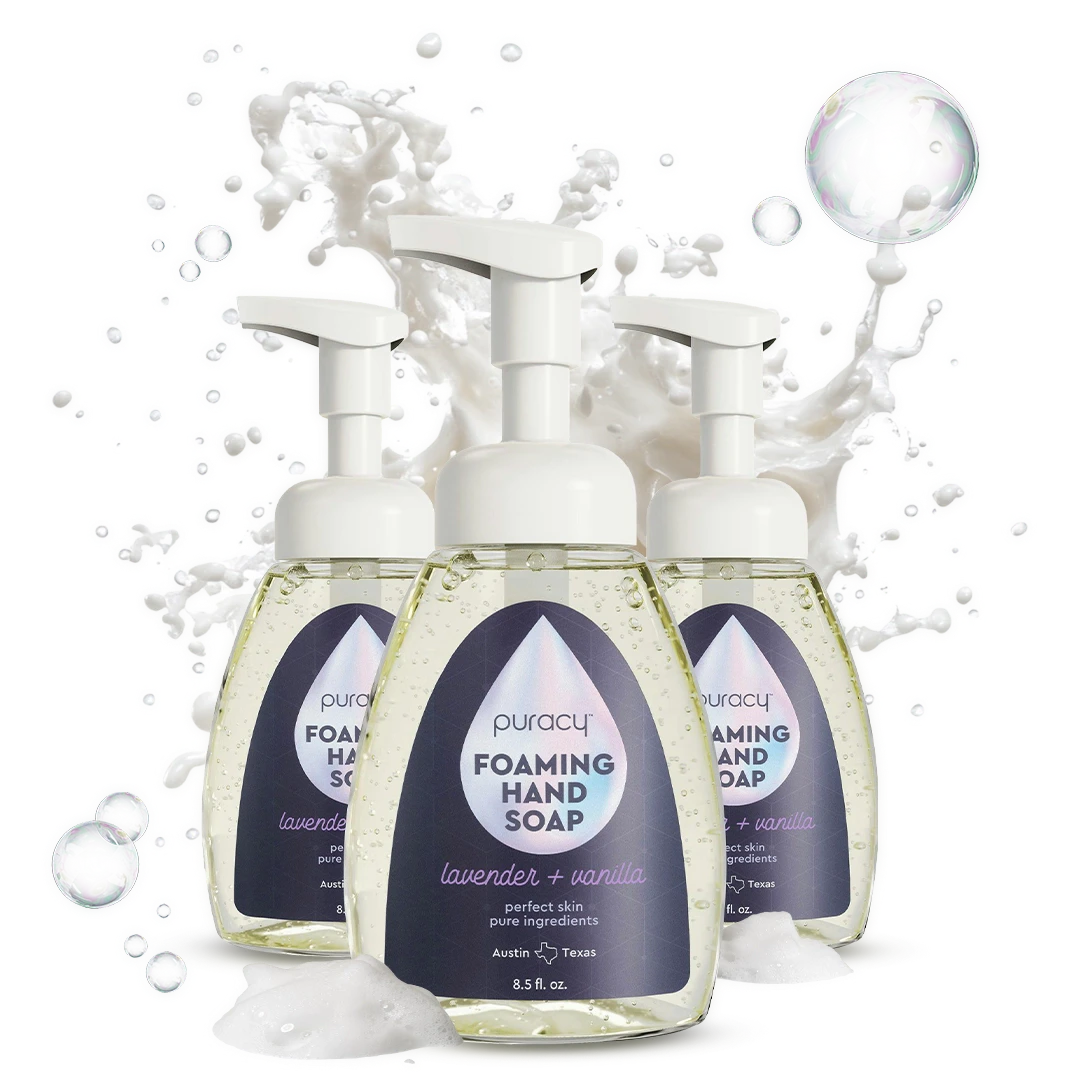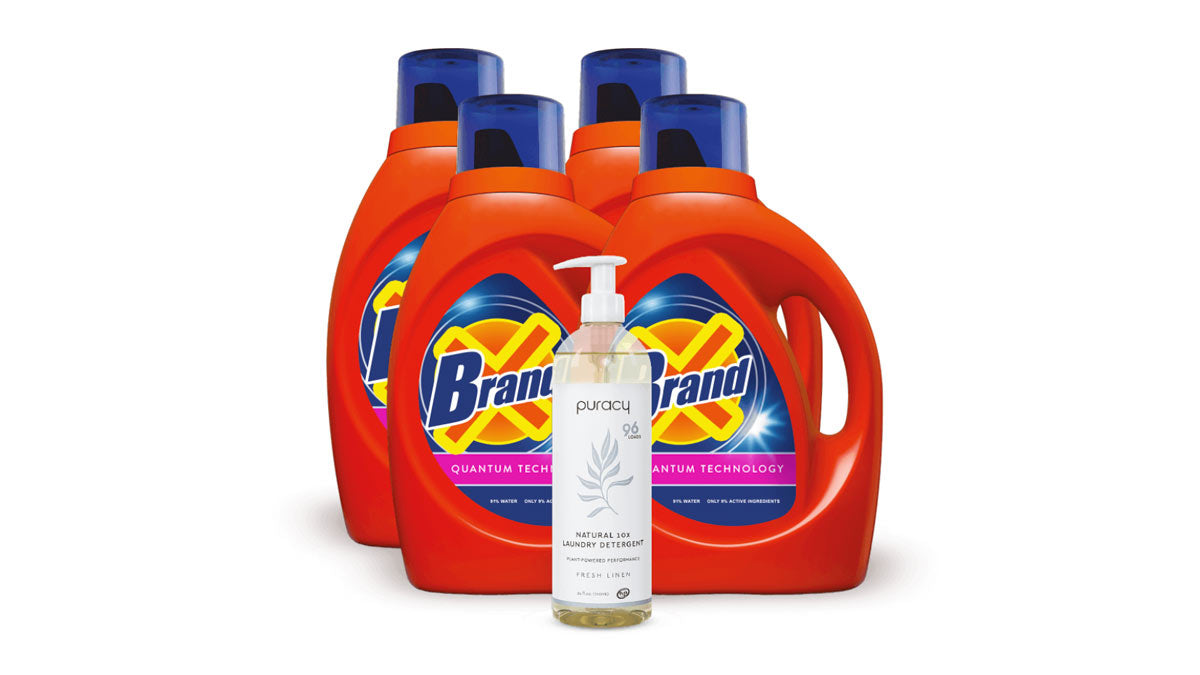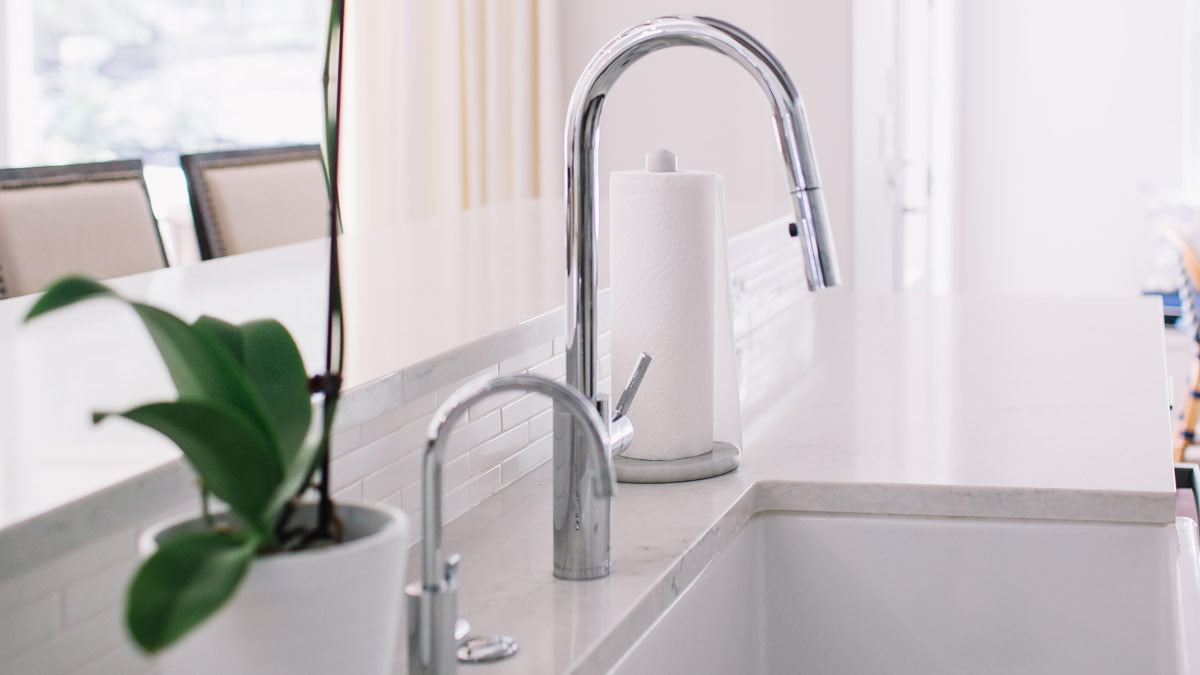
The Relationship Between Mental Health & Cleanliness
Written by Tenley Haraldson.
When it comes to cleanliness and mental health, there's a clear connection. Sometimes, it can even feel like a self-perpetuating cycle. If you're feeling overwhelmed by fatigue and mental exhaustion, you're not alone. Rest assured, there are small, actionable steps that can help you gain a foothold during times of stress.
The Benefits of Cleanliness
Whether you spot clean every day or pursue a more rigorous weekly routine, there are plenty of reasons to make a routine of it.
Positive Rituals

It takes about 21 days to reinforce a positive habit – and a daily routine can positively affect your mental health in a multitude of ways. When people reserve time for beneficial tasks, they're often more capable of handling negative changes, managing addiction, and coping with symptoms of mental illnesses such as bipolar disorder.
Taking the time to routinely include positive strategies and rituals (like exercise, family time, game night, and even online therapy appointments) can effect a much more positive impact on managing stress, decreasing feelings of anxiety, and improving energy levels.
A Calming Environment

In 2010, a University of California study found that women who referred to their homes as "cluttered" or "unfinished" had higher cortisol levels (released from the adrenal gland) and a higher probability of a depressed mood throughout the day.
While Einstein was known to prefer a messy desk, research routinely shows the benefits of keeping work spaces tidy. A Princeton University study determined that cluttered spaces inundate our ability to focus, and tire out "cognitive functions over time."
Fewer Allergens
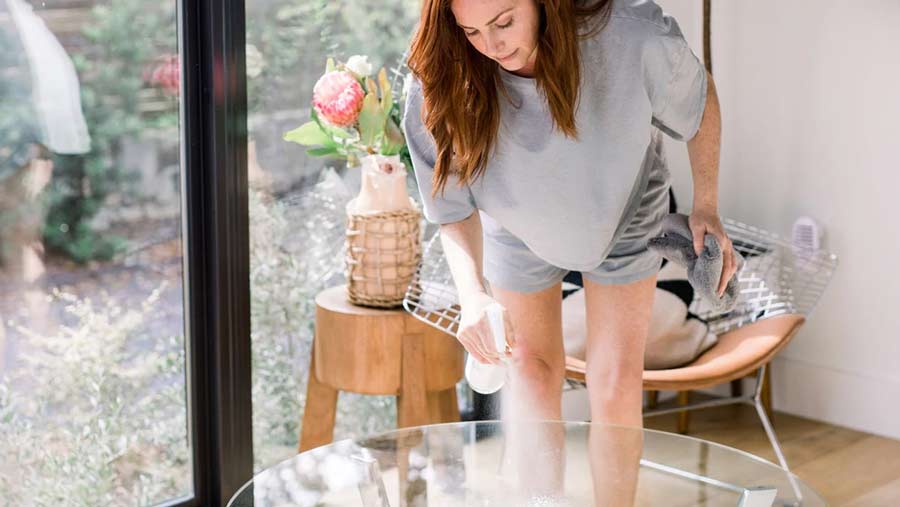
Anyone who's suffered from allergies or asthma knows how physically and mentally debilitating these conditions can be. Removing clutter doesn't just visually improve a space – it also cuts down on places that dust and pollen collect.
Certain chemicals (like bleach, ammonia, and synthetic fragrances) can cause irritation in people with more serious allergies. That's why all Puracy formulas are hypoallergenic and their scents are derived from plant-based essential oils, natural botanical extracts, and natural isolates.
Greater Personal Satisfaction
An OfferUp survey concluded that 70% of American adults found a notable sense of accomplishment after cleaning. And that makes sense: Not worrying about mounting messes around you goes a long way towards alleviating anxiety.
Increased Physical Activity

A Purdue University study revealed that cleaning did far more than keep homes tidy: Subjects who cleaned more often tended to be healthier. And we know that when humans are more active, more endorphins are released. Even getting outside to clean play equipment, weeding a garden, or mowing the lawn results in greater movement.
7 Ways to Simplify the Cleaning Process

When you feel like you're underwater, where do you even start cleaning? These tips should help you get started on the right foot.
1. Set Actionable Goals
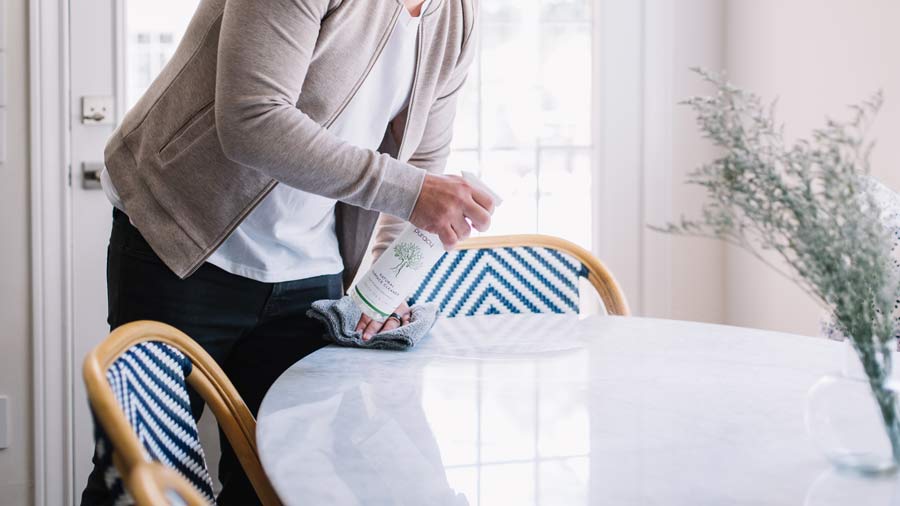
You know what usually doesn't work? Trying to clean an entire house in one felled swoop. Make a list and highlight a handful of the most important tasks that need to be accomplished. Add a handful of other tasks that would be beneficial to manage – but not totally necessary.
Pro Tip: When writing your list, add 1-2 tasks that you've already done. It's always nicer to look at a list with crossed-out items.
2. Listen to Your Inner Voice
If your conscience is telling you to throw away old wrappers or hang up a jacket, try to do it immediately. The more you listen to that voice, the more routine it'll become.
3. Be More Proactive
Rather than letting dishes pile up in the kitchen sink or leaving projects unfinished on the dining room table, take a few extra minutes to clean up. This will go a long way towards:
- preventing messes from accumulating
- shaving off cleaning time later
- keeping you from cutting corners
Pro Tip: To stop clutter mountains from accumulating around your home, keep baskets in each room. At the end of each day, find homes for these wayward items.
4. Clean on Specific Days

If you're trying to build more positive cleaning habits, consider setting aside certain days to focus on particular places. Maybe Mondays should include basic bathroom maintenance (e.g. toilet, sink, mirror) or Sundays might be best for tackling laundry.
5. Declutter Responsibly

If you believe you're in need of decluttering, you don't need to "Marie Kondo" your entire home.
- Focus on one room/closet at a time.
- If you haven't used something in over a year – and there's no emotional connection – consider donating it.
- If an item broken and you know you'll never fix it, chuck it.
- Try not to spend more than 5-10 seconds mulling over each item.
6. Invest in a Professional Organizer
Struggling with a mountain of "stuff'? If you can afford it, a licensed personal organizer can make a world of difference. Just like sessions with a therapist, having a fresh set of eyes on a project can provide you with a new vantage point.
Rather than focus on your entire home, start with the fridge, kitchen, and bedroom/hallway closet. Not only will this feel less overwhelming, but a personal organizer might be able to provide more actionable steps.
7. Hire a Cleaning Person
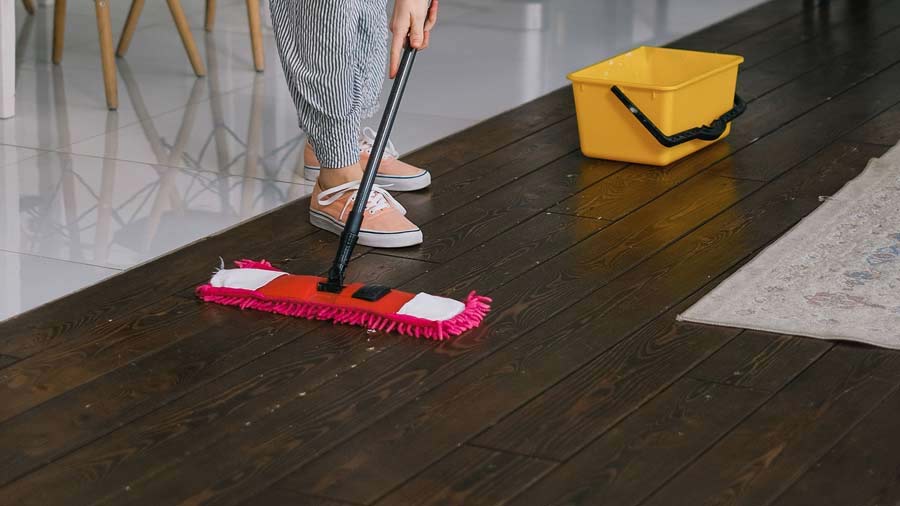
Kitchens and bathrooms can get out of hand – fast. If it's within your budget, consider hiring someone to deep clean certain rooms every 1-2 weeks.
Frequent Care Is Easy Care

The key to tidier spaces is preventing mountains of messes from occurring in the first place. Whatever you choose to spend 5-10 minutes on each day will go a long way towards making you feel – and your space look – your best.
Whether you're cleaning mirrors, tile, remote controls, or countertops, we've formulated our Natural Surface Cleaner to be effective on literally every non-porous surface. You'll never have to think about grabbing the right bottle: Puracy's goal is to make cleaning as easy as possible.
Reach out When You Need Help

There's no "one-size-fits-all" approach to mental health. If you're dealing with feelings of anxiety, hopelessness, or helplessness, remember that you're not alone. Consider:
- Speaking with friends and family
- Reaching out to support groups (either online or in your area)
- Contacting helplines
- Learning about treatment options for yourself or loved ones
- Booking an online therapy appointment
